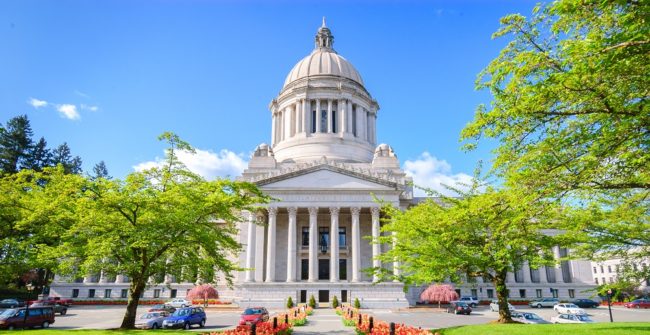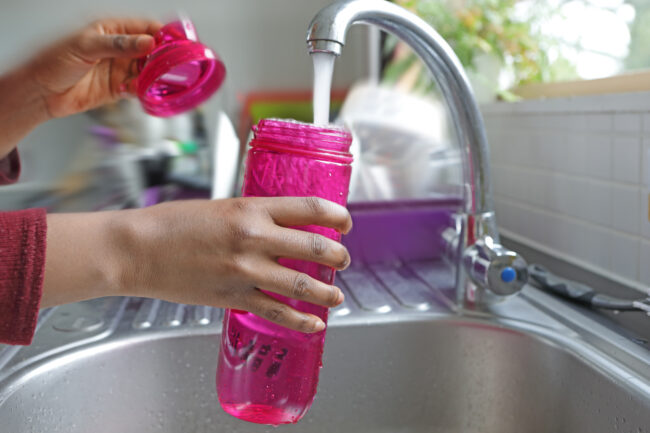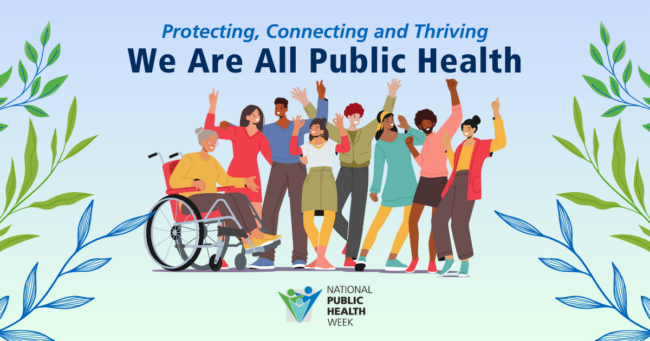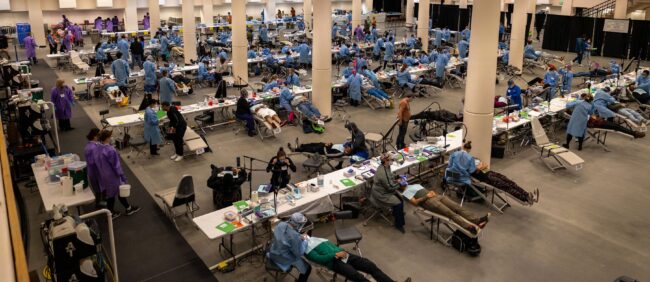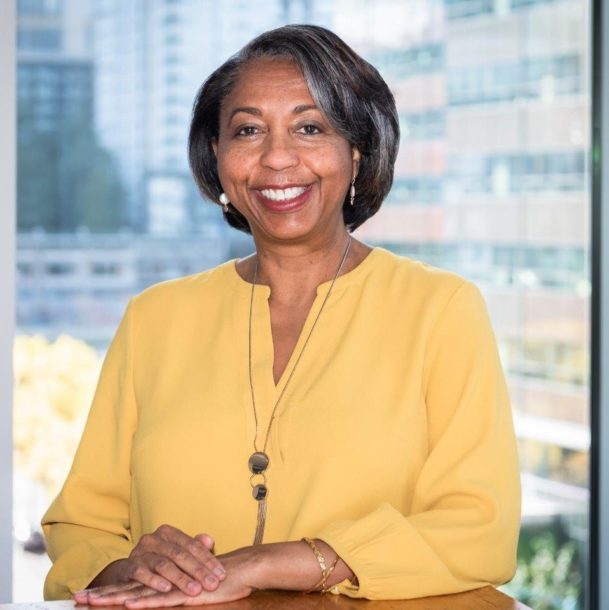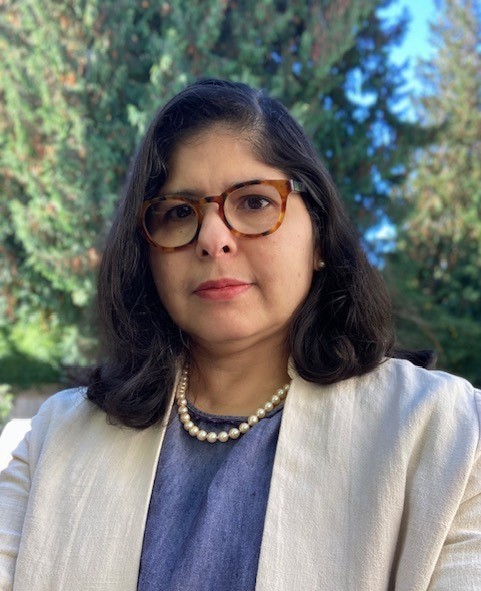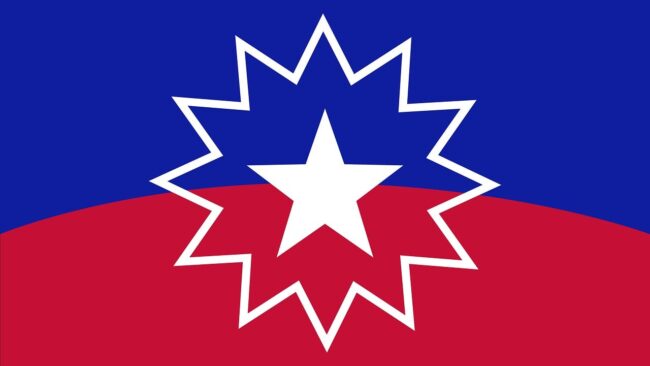
Work continues to support healthy and thriving Black people and communities.
Juneteenth is a celebration of freedom, resilience, positivity, achievement, and aspirations for Black folks.
On June 19, we look back and remember, and we look forward and dream. We remember how far Black folks have come from enslavement. We see the unfinished work to address health disparities—which are largely by race and ethnicity in Washington state—and other forms of inequity in our society. We envision a time when Washingtonians of all backgrounds achieve good oral and overall health with no one left behind.
At Arcora Foundation, our mission is in our name—bending the arc of oral health toward equity. We center our work in oral health and lead with equity to address disparities. And we don’t do this work alone. Atlantic Street Center is one of many community-based organizations we partner with across the state. Their mission is to support families and communities with raising healthy, successful children and youth through direct services and advocacy for social justice and equity. They primarily serve no- and low-income African American families and other families of color in South King County and North Pierce County.
For Juneteenth, Atlantic Street Center Director of Public Relations and Resource Development Teresa Everett explains how we collaborate to achieve our missions and help Washingtonians reach their full health potential.

Teresa Everett
Director of Public Relations and Resource Development
Atlantic Street Center
“I have had the joy to be a part of the King County community for many years, including Atlantic Street Center. It is a privilege and an inspiration to see how both our staff and participants work together to achieve individual success. There are so many obstacles our youth and families face that are no fault of their own. Multiple hurdles exist just due to systemic oppression. Seeing the passion from those we serve to overcome these challenges reminds me of how vital it is to strive forward and make the world a better place now and for future generations.
“Good oral health is having a healthy daily routine versus regular, unwanted trips to the dentist. It also means having the basic education to keep your mouth healthy, which contributes to overall personal wellness and having a confident smile that matches the inside. Good oral health also means helping youth form healthy habits that will take them into adulthood!
“The efforts at Arcora work in concert with Atlantic Street Center to uplift the low- and very low-income individuals and children and youth we serve.”
Teresa Everett, Director of Public Relations and Resource Development, Atlantic Street Center
“Good oral health is important for the Black/African American community because of the huge disparity that African Americans face in the health care system, plus achieving overall wellness. In addition to health benefits, there are also financial benefits when it comes to preventive oral health. (Health and Economic Benefits of Oral Disease Interventions, Centers for Disease Control and Prevention)
“We—Atlantic Street Center and Arcora Foundation—are mission-aligned in that we are working to support those in need, especially when it comes to basic needs. Arcora has supported our vital programs and services, as well as our annual fundraising gala. The efforts at Arcora work in concert with Atlantic Street Center to uplift the low- and very low-income individuals and children and youth we serve.”
For the 23rd year, Atlantic Street Center will host a Juneteenth community celebration. It’s June 22, 11 a.m.-3 p.m., at Rainier Beach Community Center in Seattle. Learn more about the event on their website.
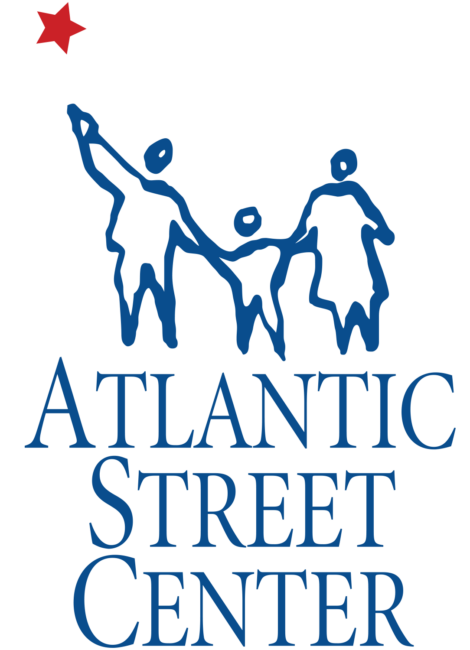
We can’t do this work without you. Advancing oral health requires public and private partnerships, policy advocacy, and funding. Join us in our mission to bend the arc of oral health toward equity. Learn more and contact us at info@arcorafoundation.org.


